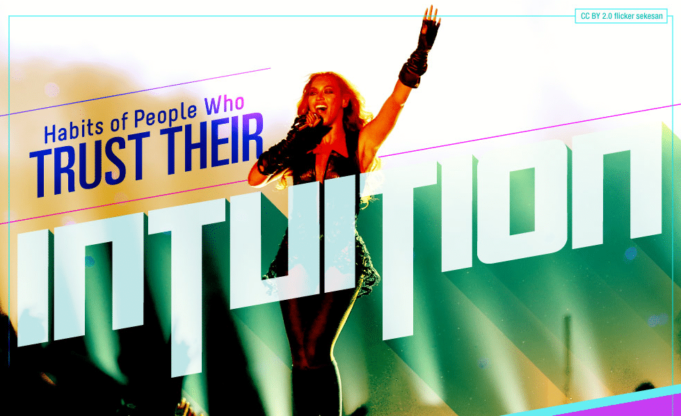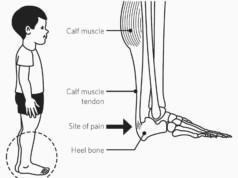Intuition is a natural, thoughtless process and one of the more mysterious levels of thinking. Some would call it just a simple gut feeling and for 50% of American adults, it is an essential experience to guide them towards what’s right.
But truly, it’s anything but simple, and it could make or break your career or your personal life.
What Is Intuition?
As the culmination of our experiences, beliefs, biases, and expectations, intuition is uniquely and deeply personal and to a certain extent can reveal who we are underneath external circumstances.
Because of this, and because of the fallible nature of human beings, we are conditioned to ignore the impulse and feelings of intuition. We are told to focus on facts over emotion, to “weigh all our options.” For many, it’s the fear of failure that guides decisions, rather than intuitive trust.
The vicious cycle of self-doubt is felt across the world, across all walks of life. Whether it’s a loud pounding of fear in our hearts, or a quite, cutting voice of negativity, our intuition will eventually begin to suffer. We begin to lose faith in our skills, in our talents, and as a result we lose faith in our abilities to make the “right” choices.
If this is all a little too ethereal, let’s take the practical words of one of the most successful women on Earth, Oprah Winfrey. In the August 2011 issue of O Magazine, she stated, “I’ve trusted the still, small voice of intuition my entire life. And the only time I’ve ever made mistakes is when I didn’t listen.” So how do we know when to listen?
It’s Important To Listen To That Small Voice Inside You
Many adults have stunted intuitive thought, especially adults who never learned to trust themselves. In reality, no one knows better than us personally where our own priorities lie and intuition should be there to remind us.
There may be situations in our life where the most “logical” decision may not actually bring us any closer to our goal – this is the time to listen.
On a more practical level, our intuitive thinking in terms of education and career can be a powerful tool and give us an edge to success. Many adults work in fast-paced work environments that demand quick thinking and quicker solutions; in these situations intuition can truly shine.
For 62% of business executives, following their gut feelings is just part of their daily decision-making process. Maybe they know something we don’t know, but remember: everyone’s “success” looks different.
There is no one-size-fits-all option harnessing the power of intuition, but striking a balance between rational thinking and emotional thinking is a good start. So some of us may be more inclined to analytical thinking, while others are wont to follow their heart.
Successful decision making comes from a balance among the two, and it is important to separate prejudices and arbitrary expectations from intuitive impulse.
Take a look at this infographic for more on the power of intuition, how and when to listen, and how to break the cycle of self-doubt and finally let a little trust into your thinking.













